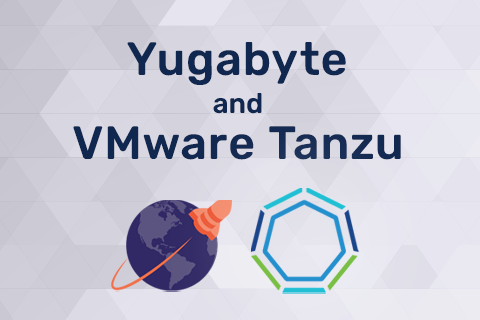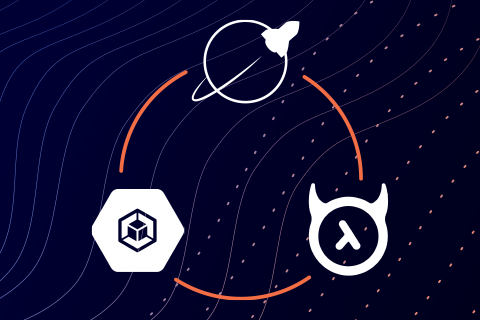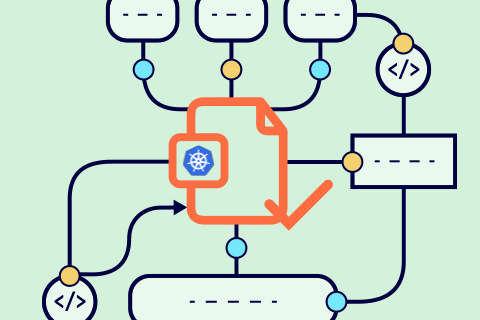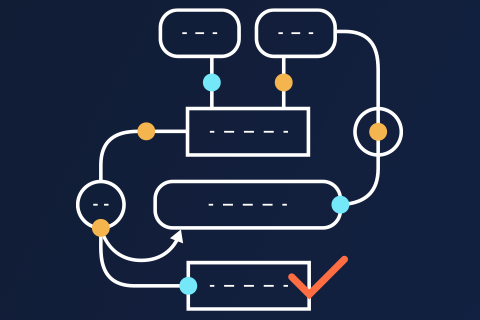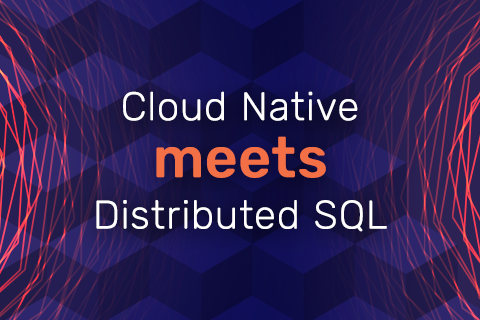Bringing Distributed SQL to VMware Tanzu
VMware Tanzu, the newest offering from VMware’s stable of proven enterprise products, brings together a portfolio of open source projects for modernizing applications and automating infrastructure management. VMware Tanzu provides a managed Kubernetes environment on VMware vSphere or any public cloud of choice that allows a consistent way to provision and deploy the code for application developers.
The Yugabyte team collaborated with VMware to certify YugabyteDB for Tanzu Kubernetes environments,
…
